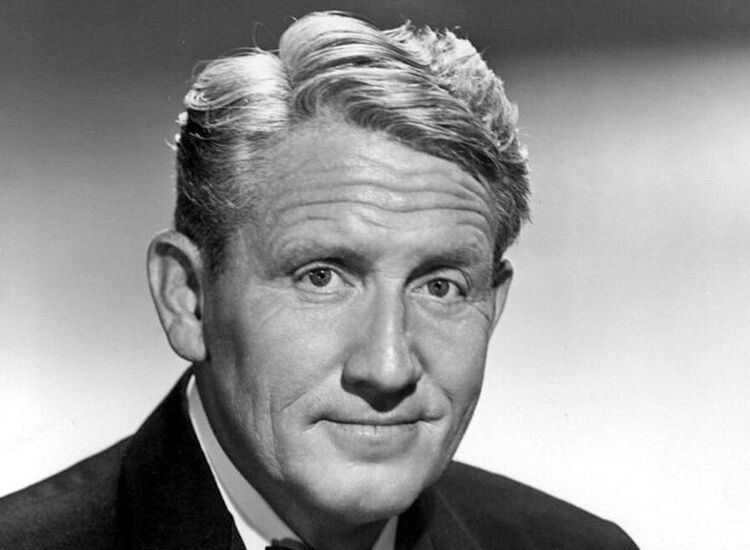Music is the family business, but Ailie Blunnie has taken perhaps a bolder path than her near relatives.
PHOTO BY POOKADUBH
By Colleen Taylor
Some months ago, I heard the Man Booker prize-winning novelist Anne Enright speak in Boston. When she was done—stopping my heart a few times throughout the course of her reading—a professor leaned over to me and whispered, “She’s the real deal.” I couldn’t think of a better, more succinct way of describing it. Those same words—“she’s the real deal”—ran through my head a second time this year, after I met and chatted with singer-songwriter Ailie Blunnie. For me, what makes an artist stand out from the crowd is not just the creativity and vision of his or her work, but that audible creativity combined with the openness to make the work communicable and resonant in discussion. Blunnie told me in poignant, emotionally intelligent ways how her work had come into being—how it had physical, earthly allusions but occupied psychological realms as well. I left appreciating her music more than I had before we met, and thinking Ailie Blunnie truly is “the real deal.”
Blunnie hails from Carrick-on-Shannon in Leitrim, which provided inspiration for her debut album. She spoke of the area poetically: “It’s that rich, green, inland landscape – so that stays with you. The quietness of that is very tranquil and brings you back.” She’s been living in Dublin for the past six or seven years, and Blunnie often experiences the paradoxical pull of home—wanting to get back yet feeling trapped when she is there too long. Through her mother’s side of the family, Blunnie became familiar with traditional Irish music. Her father, on the other hand, was an organist for their church in Leitrim. Music is still a family business for Blunnie. Before deciding to go solo as a songwriter, Blunnie and her sister Roisin played at the Oarsman in Carrick-on-Shannon every Sunday. They played guitar and keyboard, sang covers, and gigged the occasional wedding. Now Roisin remains a key player in her sister’s career, as conductor of her band as a solo artist.
Blunnie has taken a bolder path than some of her family musicians by choosing an original mix of genres, one she has dubbed “urban celtic folk pop.” As her subgenre amalgam might suggest, the singer listened to a whole range of music growing up. She paused to laugh at some of her angsty teenage choices, like Green Day—“I calmed down about the punk, thank goodness.” After overcoming her punk phase, Blunnie found her true métier in folk music—Joni Mitchell, John Spillane. For her, folk music is the perfect genre because of its narrative—it is the story, the lyricization that pulled her in. Coincidentally, that same pull of poetry and melody can be heard in her own forthcoming album.
Blunnie released a six-track EP in 2013, but there you’ll hear a very different singer than the one on her new album, “West to the Evening Sun” (2017). “There is a naiveté about those kind of songs that I used to write,” she told me, “I just wrote fun songs, like quirky or funny, because I enjoyed singing them. I actually didn’t think someone would be interested in anything else I had to say. I was hiding behind the upbeat, happy song.” In contrast to that first set of quirky cabaret songs, “West to the Evening Sun” is an ingress to the soul. For this project, Blunnie was able to slow down and access the confidence to sing about topics that weren’t necessarily happy, but more challenging to the emotional self. Blunnie is more equipped to write songs with emotional affect than most musicians. On top of her M.Litt degree in music, Blunnie also holds a higher degree in Psychology. She finds her creative and scientific mind often inform each other, perhaps subconsciously: “Trying to live another person’s experience is something that you’d have in both psychology and writing songs.”
As it turns out, “experience” is the only way to categorize “West to the Evening Sun.” This album extends beyond innovative musical arrangements, even beyond the skill of poetic, expressive lyrics. Blunnie’s songs are transcendent and transporting. For instance, my favorite song on the album, “Beat of Your Heart,” travels a wide musical range, from new age and Celtic, to folk, pop and rock, and even a slam poetry moment. It all somehow fits together in a perfectly cohesive, mesmerizing way. But even this description doesn’t do the song’s full effect justice. It carries so much more than exterior, sonorous elegance. The song also captures the soundscape of Sligo, of Yeats and Lady Gregory, of myth and magic, and real life heartbreak. Blunnie wrote the song in Lissadell, the famous home of Countess Marcievicz, when she was coming to an emotional pinnacle in her own personal life. Toward the end of the song, the lilting refrain sings: “The waters of the Yeatsian sea” in mystical, haunting tones. As it turns out, the Yeats Blunnie references there is Jack. She said of the song, “You’re feeling like you’re drowning somebody because you have to let them go for your own sake but it’s very hard. The Jack B. Yeats colors that I was thinking about at the time – the really dark, navy blues, that was in my mind.”
You can see why listening to Ailie Blunnie is a full intellectual, emotional, and creative experience. In just one song she combines Irish cultural references, visual art, a series of musical genres, and a feeling we can all relate to in our interpersonal lives—letting someone you love go. You cannot simply listen to Ailie Blunnie—her music pulls you into a journey with her, following the movements of the music as she sings them.
“West to the Evening Sun” is full of musical and imaginative “texture”—a word I stole from the Blunnie herself. It attests to her ability as a songsmith and as a deep thinker. Some other standout songs on the album are the title track, which uses wind chimes to hypnotize the listener from the outset. In these songs, Blunnie sounds like a classic Irish singer. I use that term “classic” loosely, meaning that she sounds like we might expect a woman raised in Leitrim on music and Irish tradition to sound. She is able to put the sounds of Leitrim and Sligo and the cultural histories they hold into a new modern, yet quintessentially Irish package. Blunnie is true to her roots but not bogged down by them. In fact, those roots seem to release her into creative insight.
Ailie Blunnie will be launching her debut album, “West to the Evening Sun” in November of this year, with a concert at the Unitarian Church near St. Stephen’s Green in Dublin. I recently saw the singer bewitch a packed crowd at Whelan’s in Dublin, and I have no doubt she’ll do the same to an even greater degree in November. For those of us stuck across the Atlantic, the album will also be available on Spotify. You can already hear some of her first releases off the album on Spotify now. I’d also recommend Blunnie’s blog, where she talks openly about the modern day songwriting profession, and the struggles and highlights that accompany it.
Having met Ailie Blunnie face to face, I can’t help but mention that she is a truly charming, kind, generous and sensitive person. That personality translates into her music and it’s part of what makes it great. Any fan of Irish music—whether it’s the Dubliners, U2, or Enya—needs to give Ailie Blunnie a listen. She is next in line for giving Irish music a profound, distinctive, representative voice. Whether she realizes it yet or not, she holds the culture and the history in each note she sings.









